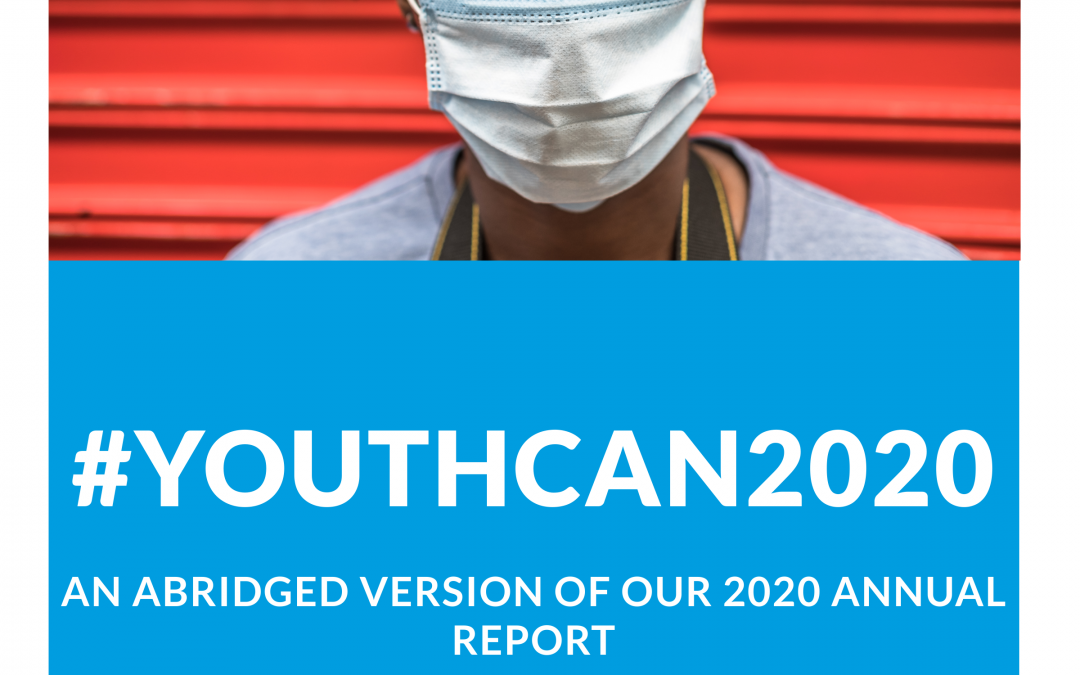DSW Kenya implemented its programmes despite challenges experienced from the beginning of the year 2020.
Externally, there was fear and anxiety among our stakeholders at the onset of COVID 19. Containment measures instituted such as school closures, limitation of movement, ban on public gatherings and the requirement to use face masks and sanitise while in public brought their own share of challenges.
First, access to affordable, stable and reliable internet connectivity as an alternative mode of working was a major setback for the majority of our constituents. Second, the costs related to compliance with these measures were not planned for, meaning that we had to redirect resources to meet the emerging needs.
To ensure continuity of programme implementation, DSW Kenya successfully supported staff and young people to access internet connectivity and deployed the use of digital tools for online working.
Activities targeting adolescents in school were moved to the community setting through our Youth Empowerment Centres in DSW Kenya programme localities. This allowed young adolescents to continue accessing life skills education and sexual and reproductive health information.
Peer-to-peer education also continued virtually using online tools such as WhatsApp. At the same time, DSW Kenya trained and supported youth champions continued to influence the policy and budget-making process using virtual campaigns, maintained online engagements with legislators and submitted memos online.
While these adjustments ensured that DSW Kenya was still able to implement its activities. Across the board, sexual reproductive health information and service provision was not prioritised. This left thousands of young people disenfranchised. DSW Kenya stepped in to support Youth Empowerment Centres to provide youth-friendly information and services. We also supported the convening of Technical Working Groups at the county to ensure that the sexual and reproductive health/family planning agenda was not lost during the crisis. Additionally, the Youth Empowerment Centres stepped up to complement government’s efforts in disseminating COVID 19 prevention measures and the COVID 19 Reproductive, Maternal, Newborn, Child and Adolescent Health (RMNCAH) guidelines.
Overall, DSW Kenya was able to sustain both its programme priorities for the year. We look back with pride in the way we have held out in the midst of a challenging period. We are particularly encouraged by the zeal and agility with which the young people we work with have moved to embrace the challenges and turn them around to opportunities.
But we also see the need to learn from the experiences of the past year and rethink our programme designs and approaches so that DSW Kenya emerges stronger. This is our commitment going forward.
Click here to download a copy of #YouthCan2020 – Highlights of DSW’s work in Kenya in 2020.
This article is the foreword of the 2020 DSW Kenya annual report as penned by Evelyn Samba, Country Director, Kenya.

